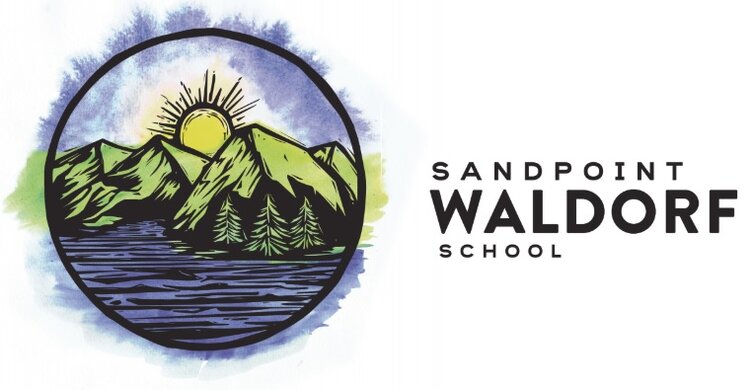A Waldorf seventh grade has a block unique to Waldorf Schools, a writing workshop where the content is explicitly the moods of soul: wish, wonder and surprise. Why should moods of soul be a part of a child’s education and why especially in seventh grade? Seventh grade lies just past the halfway point of a child’s K-12 education. The seventh grader can both look back to the childhood they left behind and forward to where a new world is dawning. Society would prematurely pull the young adolescent into this emerging world and rush them into consumerism, sensuality and more. The Waldorf curriculum attempts to bring to this passage a balance between new awakenings and old connections to the spiritual world. In slowing down this transition, we are not wishing to keep the child imprisoned in childhood, but instead are tending to the innate qualities of childhood which become strength of soul and character for their entire adult life. We can keep their wonder alive and still meet the child’s need for understanding with a careful scientific study of the world. We can be scientific not only in chemistry but also in how we bring writing and poetry, adhering carefully to the well crafted form of a sonnet or five paragraph essay. We choose subjects that arouse anew the wonder of life and amaze us. Through many guided writing exercises the students learn to “paint pictures” with their words.
Week one began by practicing “showing” with our words instead of “telling.” For example, a simple phrase such as, “The day was hot” was given as an example of “telling.” The students were then asked to expand upon this using their senses - to bring the heat alive. Fundamental to wonder is our power of observation and the students were then asked to observe an animal (pet study) and a person they admired (character sketch). Through paying attention, we can reawaken to the world around us and enkindle wonder.
Building upon our practice with description, week two’s compositions were infused with the mood of a wish. The students wrote compositions describing personal wishes. The class then made a wish and each student expanded upon it personally. Lastly they wrote a fairy tale with the theme of a wish. Expressing a wish gives the children an opportunity to articulate ideals. Within our personal ideals is the possibility of these “seed” thoughts and feelings becoming manifest. Our will is developed by taking impulses and raising them to the level of wishes and finally, when we have the inner strength and discipline, making them come true.
Week three’s theme was surprise. A surprise takes us out of our self – perhaps we laugh and experience joy. Amazement takes this a step further and adds to surprise an element of awe. The element of awe brings us back to ourselves with the possibility of being changed. Our minds have been opened and our opinions of the world and ourselves can expand. Surprises can take many forms. They experienced surprise when seeing pictures of their teacher in his twenties! The students experienced surprise in seeing two liquids mixed and result in the formation of a very long nylon thread. The telling of O. Henry’s Gift of the Magi gave them a taste of surprise endings. The students got to try their own hand at finishing a surprise ending to a Sherlock Holmes story.
Throughout the three weeks, we also wrote poetry. We touched on many different forms including: cinquain, acrostic, sonnet and free verse.
Next week, we will publish some of the Seventh Grade student's writing.
Submitted by Michael Seifert, Grade 7 teacher

